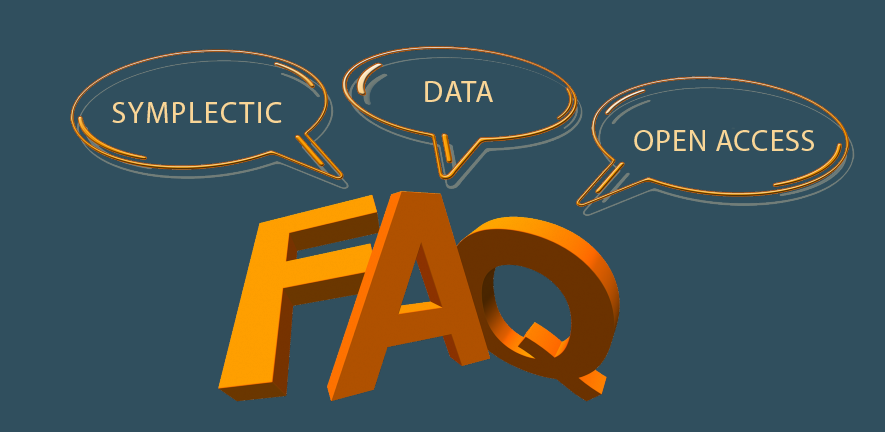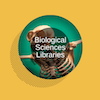
Q. How can I check if my chosen journal meets my funder’s Open Access requirements?
Q. What is rights retention?
Rights retention is a new strategy that aims to help researchers to publish in journals that are not otherwise compliant with Plan S Open Access policies (such as UKRI and Wellcome). Instead of paying charges to publish openly, rights retention allows the researcher to keep the rights to their author’s accepted manuscript so they can deposit it in their chosen repository without embargo. This is supported by the University's new Self-Archiving Policy which ensures that researchers can still publish in their journal of choice and comply with their funder policies.
For information on data availability statements, visit https://www.cambridge.org/core/services/authors/open-data/data-availability-statements
Q. What do I do if a publisher doesn’t offer a CC-BY option?
You can ask the journal to add a CC-BY licensing option to the agreement you sign. The Open Access team can help you with this negotiation process but only before you sign any agreement. Seek out their help as early as possible: info@openaccess.cam.ac.uk
If you decide to sign an agreement without a CC-BY licence, the paper will not be eligible for payment of fees from the university block of grants. See more about CC BY compliance and grants.
If you are not funded, you may be eligible for publication under Read & Publish agreements. Please contact the Open Access Team with details and they will advise further.
Q. How do I choose the right journal?
The webpage Think Check Submit can help researchers to identify journals and publishers through a series of steps that will support your final decision.
Q. What are my data storage options (including for personal / sensitive data)?
A range of cloud-based and centralized storage options are available from UIS.
It is important to consider the confidentiality/sensitivity of data in choosing where to store it. The University guidelines and data security classification system will help you decide where your data sits.
For more advice you can contact UIS, or consult the Research Data Team's FAQs.
Q. I am new to the department. How do I access Symplectic Elements?
Your personal information is automatically transferred in from central HR. If you cannot access Symplectic this transfer might have been delayed. Please contact researchinformation@admin.cam.ac.uk with your details.
Q. What is the ‘accepted manuscript’ I need to upload?
The accepted manuscript is the final author's manuscript which should be sent to you once the paper has been fully peer-reviewed and accepted for publication. It is usually a Word document. This is not the final version of record that appears on the publisher's website. If you're still unsure, ask us or take a look at this Moodle course on journal article versions.
Q. When should I upload my article?
As soon as the manuscript has been accepted for publication it needs to be uploaded to the Open Access website. Visit www.openaccess.cam.ac.uk and click on ‘Accepted for publication?’.
Q. Do I need to upload all the files I have for the submission of my manuscript?
Yes, please upload the manuscript and any supplementary information can be added as separate files. Please also consider uploading any supporting data to Symplectic - more instructions about how to do this can be found on the Research Data website.
Q. Do I have to acknowledge the source of funding in Symplectic on submission?
Yes, if the work was done on a grant you can link it during the upload at the ‘Link Funding’ stage. Your Symplectic record should have a record of your grants. If the grant is not listed, select ‘Grant not listed’ and this can be updated at a later stage.
Q. Why do I need to submit grant information on Symplectic?
If you are funded by any UKRI institution, the source of funding acknowledged in the paper will help to decide whether or not you would be eligible for Open Access funding through the block grants (i.e. payment of article processing charges for Gold Open Access).
Q. What do I do if I have no grant or funds to pay publication costs?
Check the list of journals under Read & Publish deals to see if the University has an agreement with the publishers of the journal. In each of these agreements all staff and students of the University may read papers published in the journals and all researchers in the University may publish articles in the journals without incurring any article processing charges. If you wish to use this route, please contact info@openaccess.cam.ac.uk with details and they will advise further.
In order for your article submission to qualify as eligible under the agreements, you must be the responsible corresponding author and affiliated with the University of Cambridge. In the article submission process you must identify yourself as affiliated with the University of Cambridge and/or you must use your @cam.ac.uk email address (or sub-domain in the format YourCRSid@xxxx.cam.ac.uk).
If your journal isn't covered by a Read & Publish deal, you can now apply for funding to pay for Open Access through the University's Central Open Access Fund. However, this only covers research articles or non-narrative review papers published in fully open access journals.
If your journal isn't fully open access or your output is another publication type, then you can still make your work available openly by using the University's Self-Archiving Policy and depositing your accepted manuscript into our repository.
Q. Do “Read & Publish” deals cover all types of submissions?
No, the agreements do not cover reports, case studies, abstracts, reviews. In most cases, the agreements only cover research articles. Please check with the Open Access Team for more information.
Q. How do I check my chosen journal's policy on self-archiving (sometimes known as Green OA)?
Use Sherpa Romeo. This is an online resource that analyse publishers' open access policies. It will display if the journal allows papers to be self-archived in an institutional repository.
Q. What is an embargo period?
An embargo period can be set once an accepted article has been deposited into Symplectic. This means that the metadata about the article can be seen (including the DOI connecting to the version of record) but the full text is not available to view. Embargo periods are usually set by publishers and are somewhere between 6-12 months, after which the accepted version of the article becomes fully available on the repository.
However, most funders now do not allow embargo periods and require papers be made available openly as soon as they are published.
Q. Should I sign a copyright/OA (open access) agreement?
We advise that you do not sign any copyright /Open Access agreements before your accepted manuscript is uploaded to Symplectic. The Open Access Team can then advise which option to choose.
Q. I’m being asked to sign a copyright agreement or OA (open access) option on submission?
If this is the case, please contact the Open Access team for advice: info@openaccess.cam.ac.uk.
Q. Elements upgraded: What's changed?
- Improved navigation
- Clearer actions
- Structured publications view
- Updated categories of research output
- Notifications
Visit the dedicated share-point page 'Research Information' (Raven only*)
*If you have any problems accessing the page with your Cambridge login, please contact researchinformation@admin.cam.ac.uk






